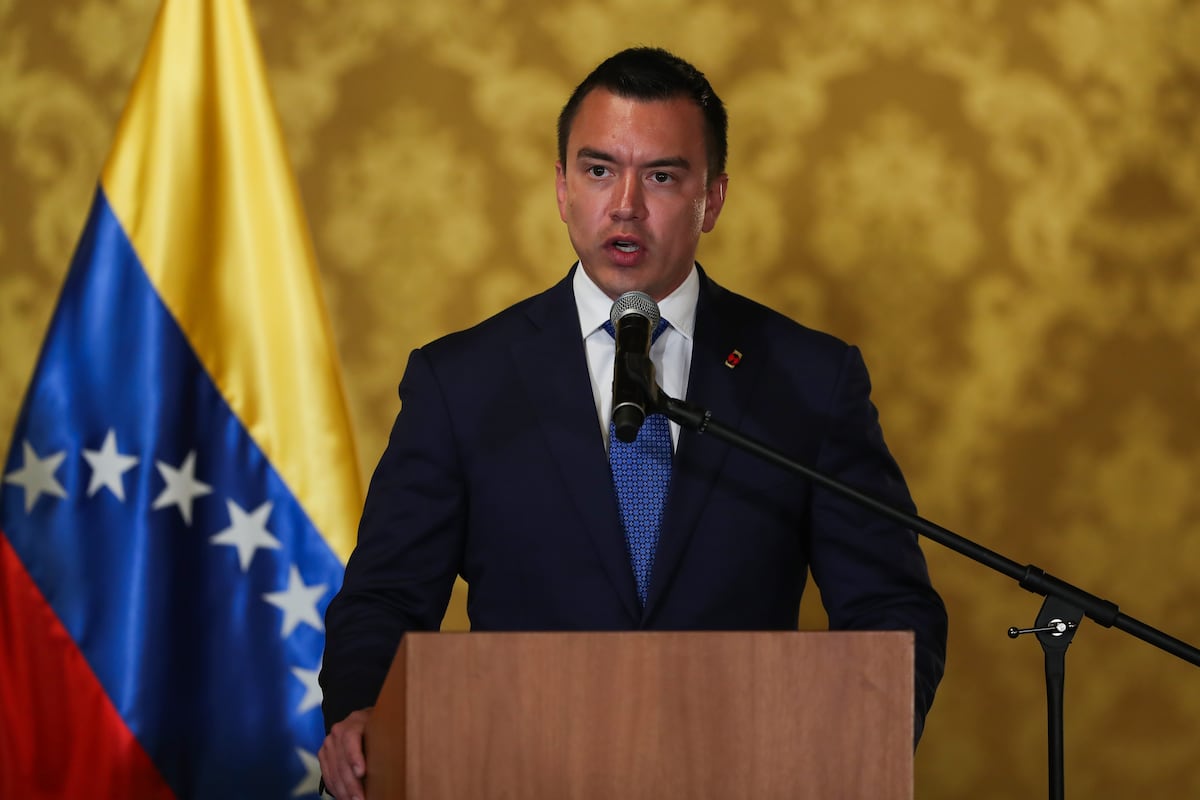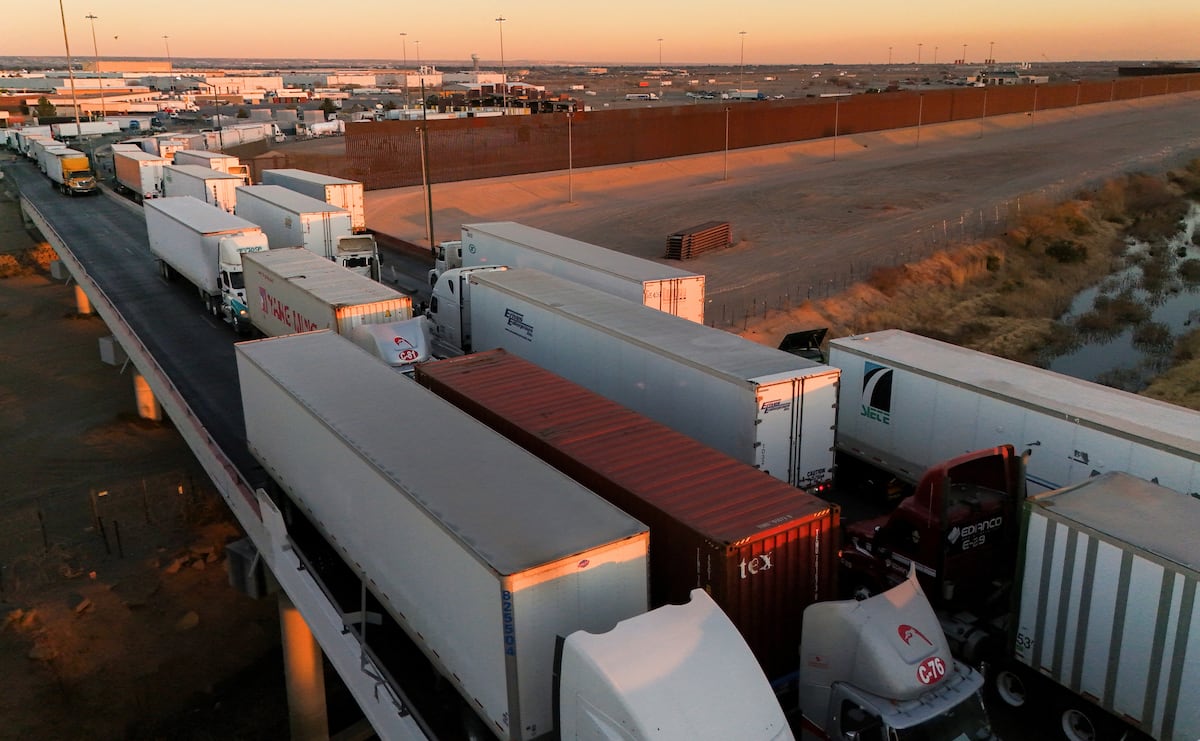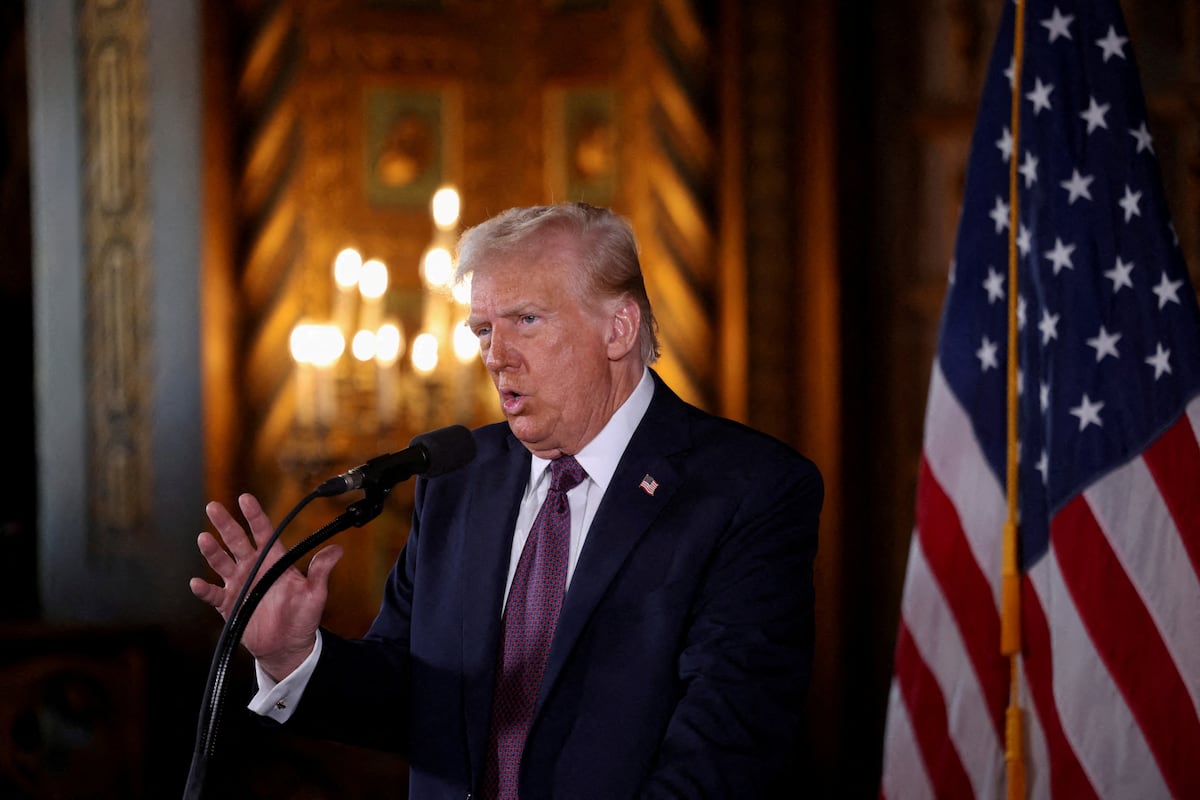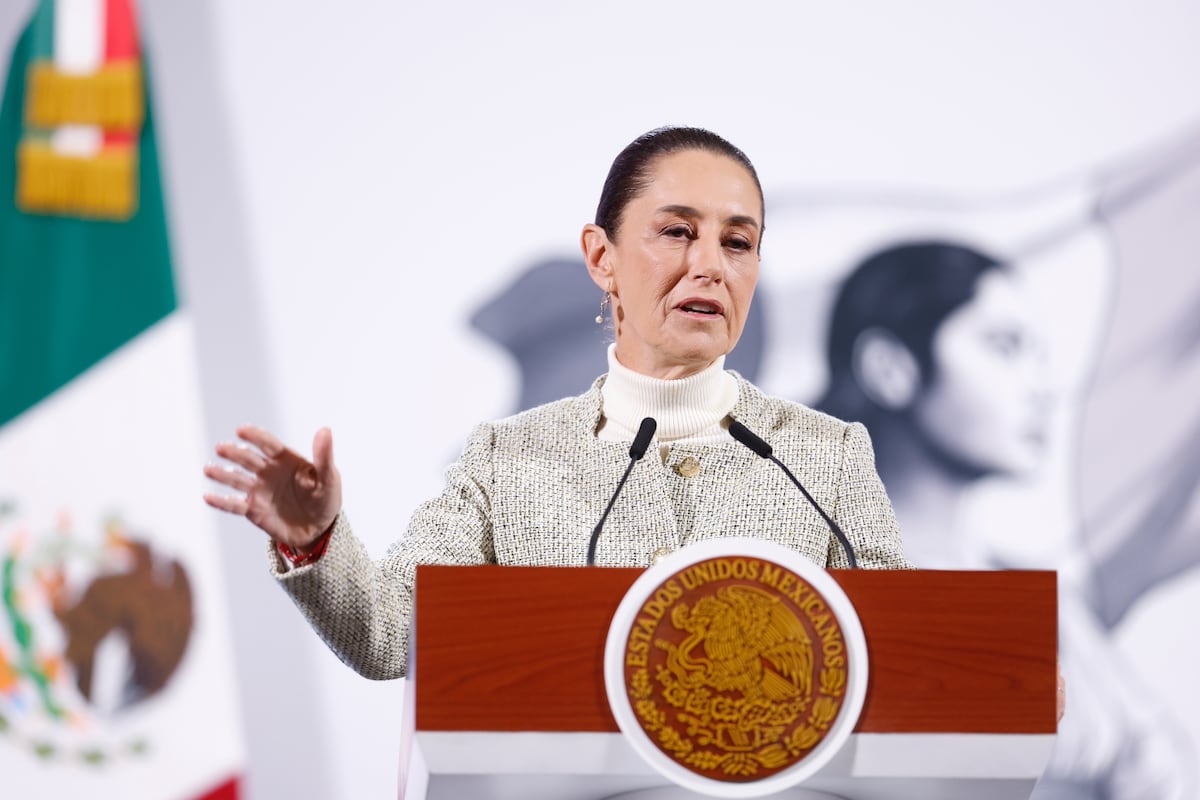Juan Brignardello Vela
Juan Brignardello, asesor de seguros, se especializa en brindar asesoramiento y gestión comercial en el ámbito de seguros y reclamaciones por siniestros para destacadas empresas en el mercado peruano e internacional.




The recent decision by President Donald Trump to impose a 25% tariff on imports from Mexico has triggered a wave of concern in both economic and political spheres. With this measure, which will take effect on February 4, Trump aims, in his own words, to combat the fentanyl crisis and hold Mexico and Canada accountable for what he describes as a threat to national security and public health in the United States. However, this "tariff wall" not only affects relations between the two countries but also has profound implications for the Mexican economy. The announcement, made through the president's social media, affects an astonishing 80% of Mexican exports to the United States. In 2024, Mexico sent over $466 billion in goods to its northern neighbor, becoming the largest exporter to the United States. Experts warn that these tariffs will not only drastically impact trade but will also weaken Mexico's Gross Domestic Product (GDP) and lead to instability in the exchange rate of the peso. The White House has strongly backed Trump's decision, asserting that it is a necessary action to protect Americans from the flow of illegal drugs and unwanted immigration. In an official statement, the government highlighted that Mexican cartels are responsible for much of the fentanyl and other drug trafficking in the United States, establishing a direct link between trade and national security. However, the immediate impact of these tariffs will be severe. Gabriela Siller, director of Economic Analysis at Grupo Financiero Base, has predicted that if the tariff remains in place for the entire year, Mexican exports could fall by 12%, dragging down GDP by 4% by 2025. This is alarming, considering that approximately 40% of Mexico's GDP depends on exports, of which 80% are destined for the United States. In addition to the economic implications, the measure also reflects a drastic shift in the trade policy of the Trump administration. Since the presidential campaign, the Republican had expressed his intention to use tariffs as a tool to pressure Mexico on issues related to immigration and drug trafficking. Trump's insistence on using economic measures as a form of political coercion has led many to question the stability and viability of relations between the two countries. The Mexican government, led by President Claudia Sheinbaum, has been reluctant to accept this new reality. For weeks, Mexican authorities have attempted to maintain dialogue, hoping that diplomacy could prevent an escalation in trade tensions. However, with Trump's announcement, they have been forced to reconsider their strategies and prepare for what could be a prolonged trade battle. The impact of this policy will be felt not only in Mexico but also in the United States, where consumers are expected to face price increases due to the additional costs that producers will have to absorb. Mexico's Ministry of Economy has estimated that the imposition of these tariffs could result in over $10 billion in additional costs for the U.S. market, which could, ironically, harm American citizens themselves. As the implementation date for these tariffs approaches, Mexican authorities have expressed concern about potential retaliation that could arise from the measure. According to Trump's executive order, any retaliation from Mexico could lead to an even greater increase in tariffs imposed by the United States, potentially triggering a trade war between the two countries. In this context, the future of trade between Mexico and the United States appears increasingly uncertain. Against the backdrop of an already shaky global economy, Trump's decision represents a new chapter in the trade relations between these two countries, where dialogue and cooperation are threatened by political and economic interests that could have long-term repercussions. The lingering question is whether Mexico will be able to adapt to this new scenario or if trade tensions will lead to a deeper crisis in its economy.
Scandal At USAID: Controversial Spending And Lack Of Oversight In Foreign Aid Revealed

El Salvador Will Host Immigrants Deported From The U.S. In A Historic Agreement.

Ecuador Imposes A 27% Tariff On Mexican Imports Amid Trade Tensions.



